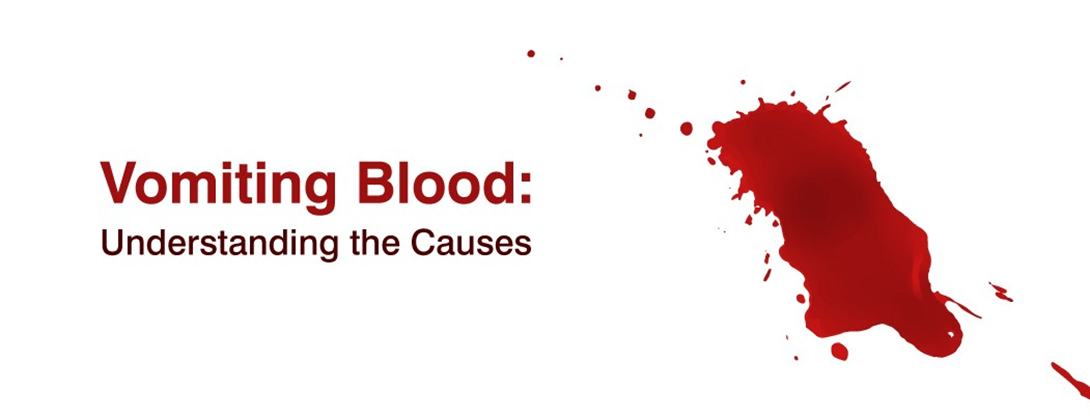A client with a closed head injury demonstrates signs of syndrome of inappropriate antidiuretic hormone (SIADH). Which additional finding should the nurse expect to obtain?
Weight gain of 2 pounds (0.91 kg) in one day.
Fremitus over the chest wall.
Serum sodium of 150 mEq/L (150 mmol/L).
Urine specific gravity of 1.004.
The Correct Answer is A
Choice A reason: Weight gain of 2 pounds (0.91 kg) in one day is a sign of fluid retention, which occurs in SIADH due to excessive secretion of antidiuretic hormone (ADH). ADH causes the kidneys to reabsorb water and reduce urine output, leading to hyponatremia and hypervolemia.
Choice B reason: Fremitus over the chest wall is a sign of increased vibration or air movement in the lungs, which can indicate pneumonia, bronchitis, or pleural effusion. These are not related to SIADH, but may be complications of head injury or fluid overload.
Choice C reason: Serum sodium of 150 mEq/L (150 mmol/L) is a sign of hypernatremia, which is a high level of sodium in the blood. This is the opposite of what happens in SIADH, where sodium levels are low due to dilution by excess water.
Choice D reason: Urine specific gravity of 1.004 is a sign of diluted urine, which indicates low concentration of solutes in the urine. This is also the opposite of what happens in SIADH, where urine is concentrated and has a high specific gravity.
Nursing Test Bank
Naxlex Comprehensive Predictor Exams
Related Questions
Correct Answer is A
Explanation
Choice A reason: Gastroccult positive emesis indicates the presence of blood in the vomit, which is a sign of a serious complication such as anastomotic leak, ulcer, or bleeding. The nurse should notify the physician and monitor the client's vital signs and hemoglobin level.
Choice B reason: Strong foul smelling flatus is a common side effect of BPD, which involves bypassing a large portion of the small intestine and creating a connection between the stomach and the colon. This results in malabsorption and bacterial overgrowth, which produce gas and odor.
Choice C reason: Complaint of poor night vision is a sign of vitamin A deficiency, which can occur after BPD due to reduced absorption of fat-soluble vitamins. The nurse should advise the client to take vitamin supplements and eat foods rich in vitamin A, such as carrots, sweet potatoes, and spinach.
Choice D reason: Loose bowel movements are another common side effect of BPD, which causes diarrhea and steatorrhea (fatty stools). The nurse should encourage the client to drink fluids with electrolytes and avoid foods that worsen diarrhea, such as greasy, spicy, or sugary foods.
Correct Answer is C
Explanation
Choice A reason: A referral for social services at home is not necessary for a client with Addison's disease who has stable vital signs, adequate hydration, and good self-care knowledge.
Choice B reason: Limiting daily fluid intake to 500 mL is not appropriate for a client with Addison's disease, who is at risk of dehydration and hypotension. The client should drink fluids according to thirst and urine output.
Choice C reason: Preparing the client for discharge home is the best action for the nurse to implement, as the client has no signs of complications or deterioration from Addison's disease. The client should be able to manage the condition at home with regular follow-up and medication adherence.
Choice D reason: Strict intake and output monitoring is not required for a client with Addison's disease who has normal blood pressure, moist mucous membranes, and strong peripheral pulses. These indicate adequate fluid balance and renal function.
Whether you are a student looking to ace your exams or a practicing nurse seeking to enhance your expertise , our nursing education contents will empower you with the confidence and competence to make a difference in the lives of patients and become a respected leader in the healthcare field.
Visit Naxlex, invest in your future and unlock endless possibilities with our unparalleled nursing education contents today
Report Wrong Answer on the Current Question
Do you disagree with the answer? If yes, what is your expected answer? Explain.
Kindly be descriptive with the issue you are facing.
